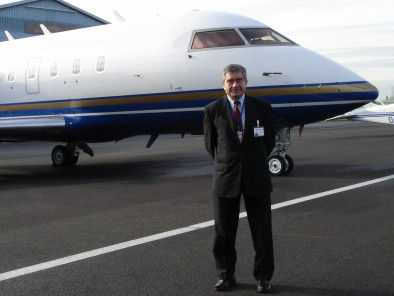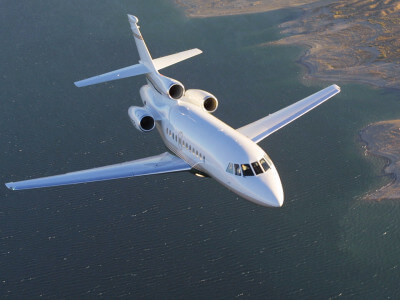
Flight Safety
For your safety all our private Jets charter flights are operated with a Civil Aviation agreement for charter flights (A.O.C.).
Maintenance of aircraft, training of flight crews, as well as the management of aircraft are strictly governed by the ministry of transport, which guarantees the security and insurance coverage of all passengers (Warsaw Convention) equivalent to the scheduled airlines.
AB CORPORATE AVIATION holds a travel agent’s license n° LI 093 95 0017.
All our business flight crews are composed of two pilots.
Conference with General Marc Alban and AB Corporate Aviation at the American Chamber of Commerce in France.
General Marc Alban, former President of the Permanent Council of Flight Safety :
The aim of this presentation is to communicate a completely objective point of view concerning the safety of air travel, particularly relative to business travel since there have been a lot of preconceived ideas going around.
Of course there still are some accidents but they are very rare and air travel is currently the safest means of travel. If we take a look at the figures, you can see that the number of fatal accidents has been diminishing regularly whereas the number of passengers has increased by 50% over the last ten years.
The objective set by the “Flight safety” initiative is to lower the probability of an accident happening still further. In order to do that, two areas are being developed.
The first concerns the airplanes themselves, spanning their complete lifecycle from design and manufacturing to the end of their exploitation. We can observe that in the past 30 years, aircraft reliability has increased by a factor of 10.
In addition, maintenance itself is more and more automated, with permanent electronic monitoring enabling possible equipment failures to be dealt with immediately, sometimes even without the pilot being aware of it.
The progress made on the technical level is such that the only factor of weakness has become the Pilot. The second area being explored in terms of flight safety improvements is therefore the human element.
For that, future pilots must be well trained, and their ability to transport passengers must be regularly checked. Pilot selection and training are truly an obstacle course, where only the best get through; and regular testing in-flight as well as through simulators is in all respects particularly rigorous.
The dialog between the crew and the machine must therefore be optimized so that they can progress together while leaving the decision-making priority up to man.
This problematic is exactly the same concerning business travel, which is subject to the same stringent requirements as commercial airlines and therefore offers the same guarantees.
Business travel is also a great tool for business development. It offers excellent flexibility for travel arrangements with both the schedule and the destinations being a matter of customer choice.



